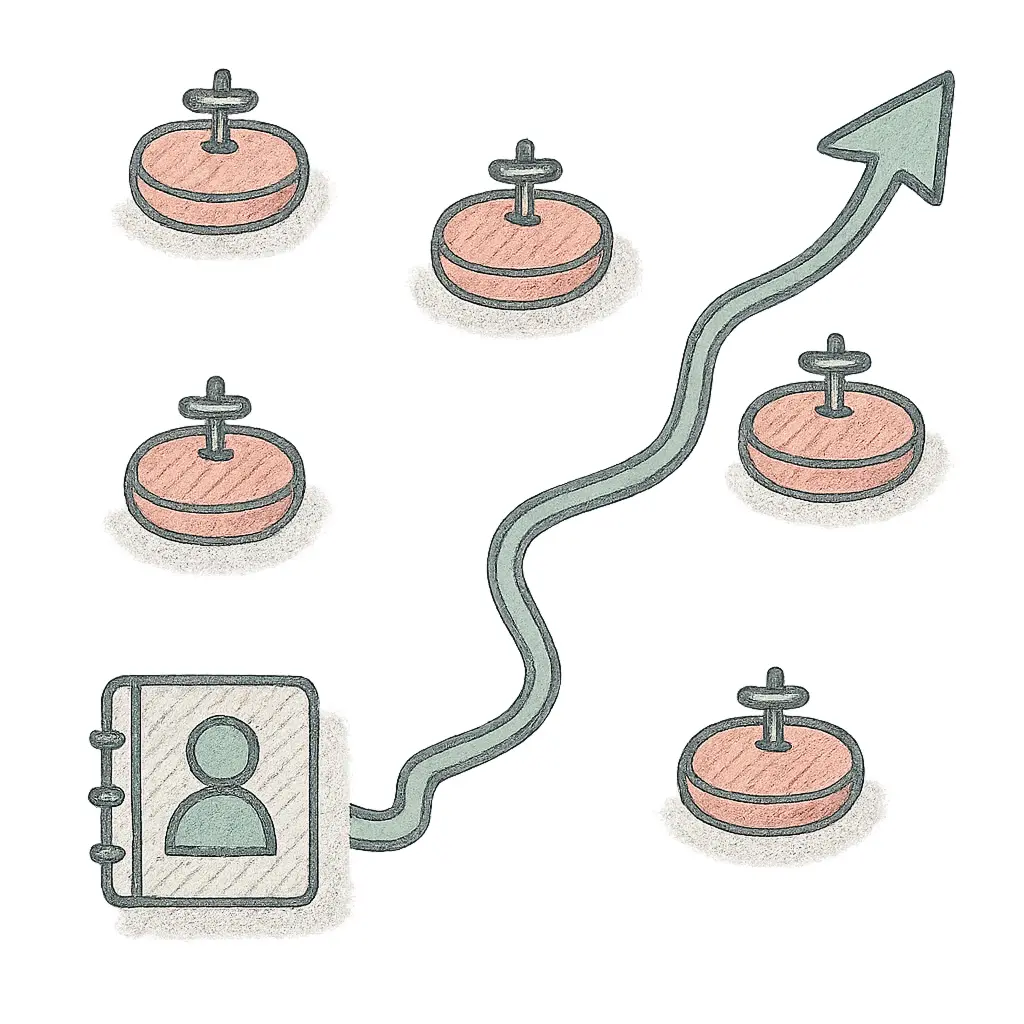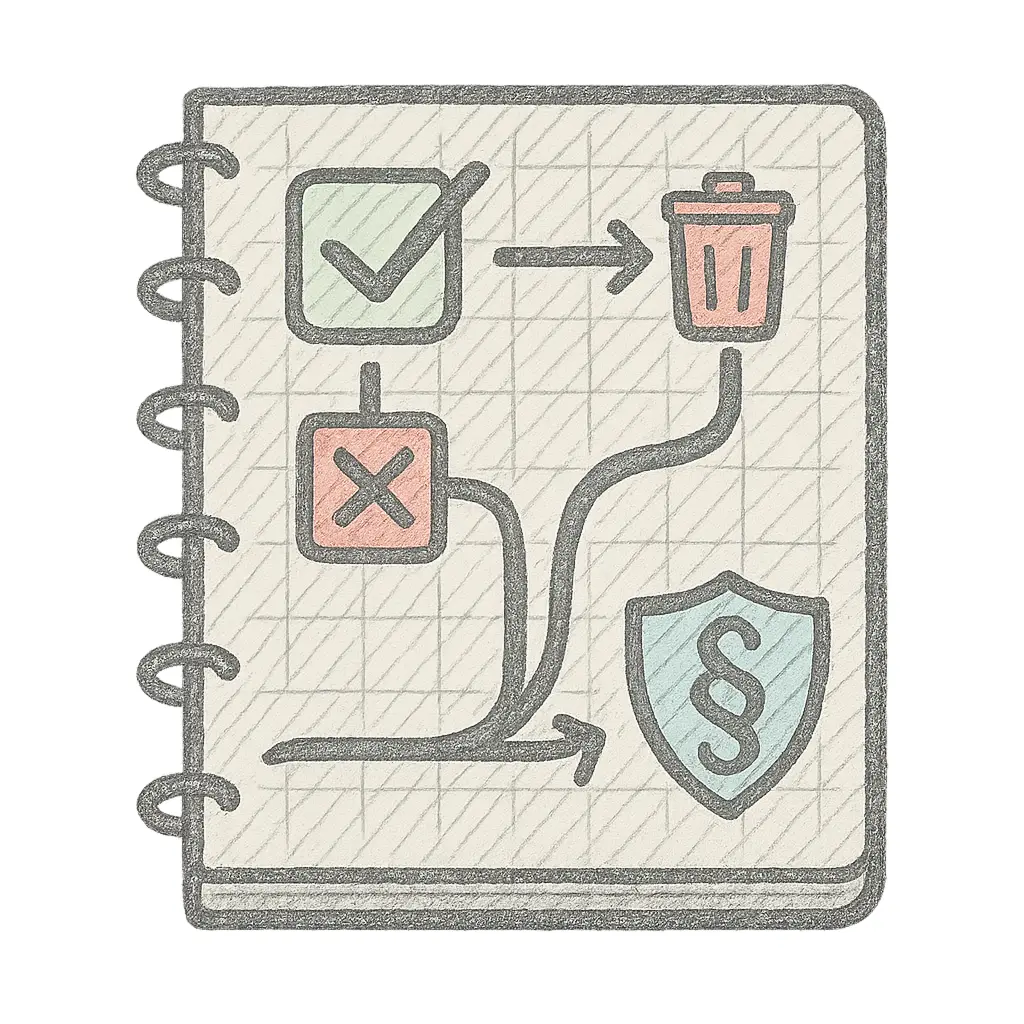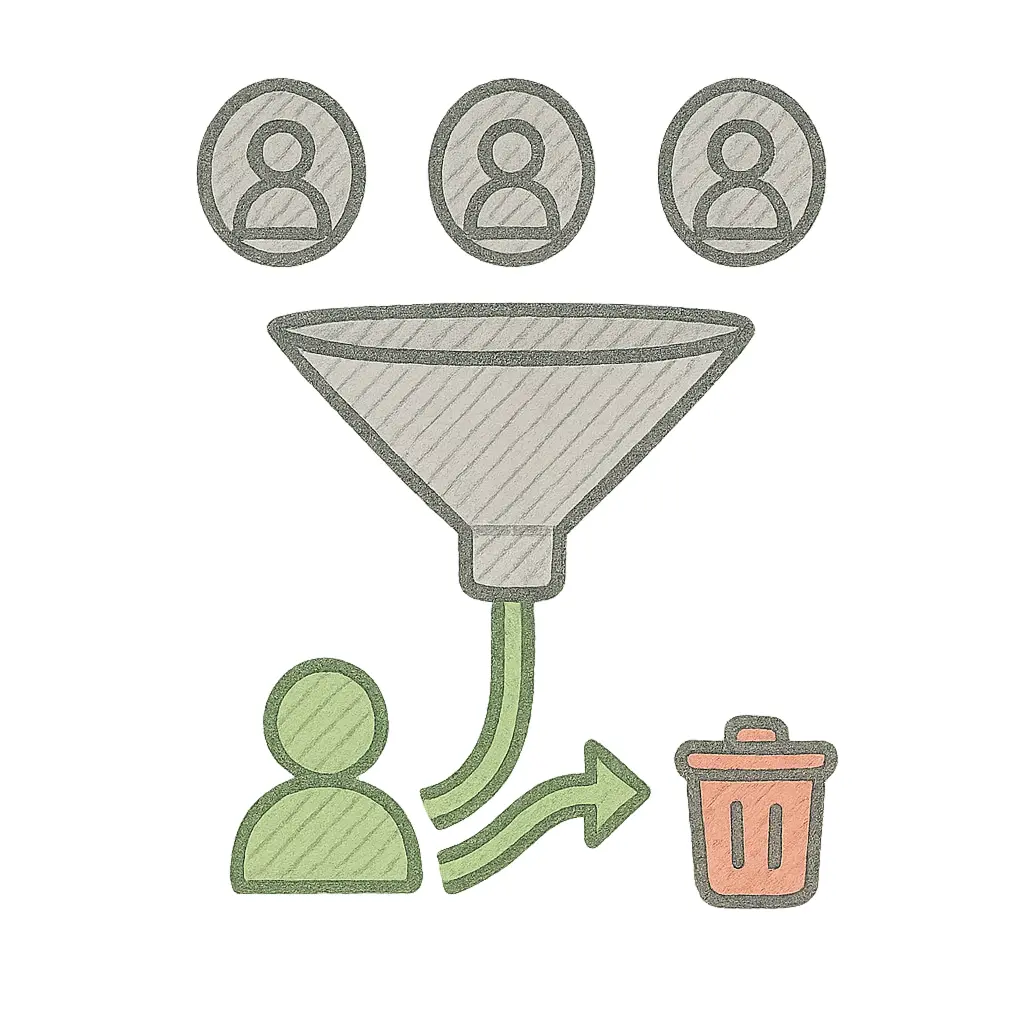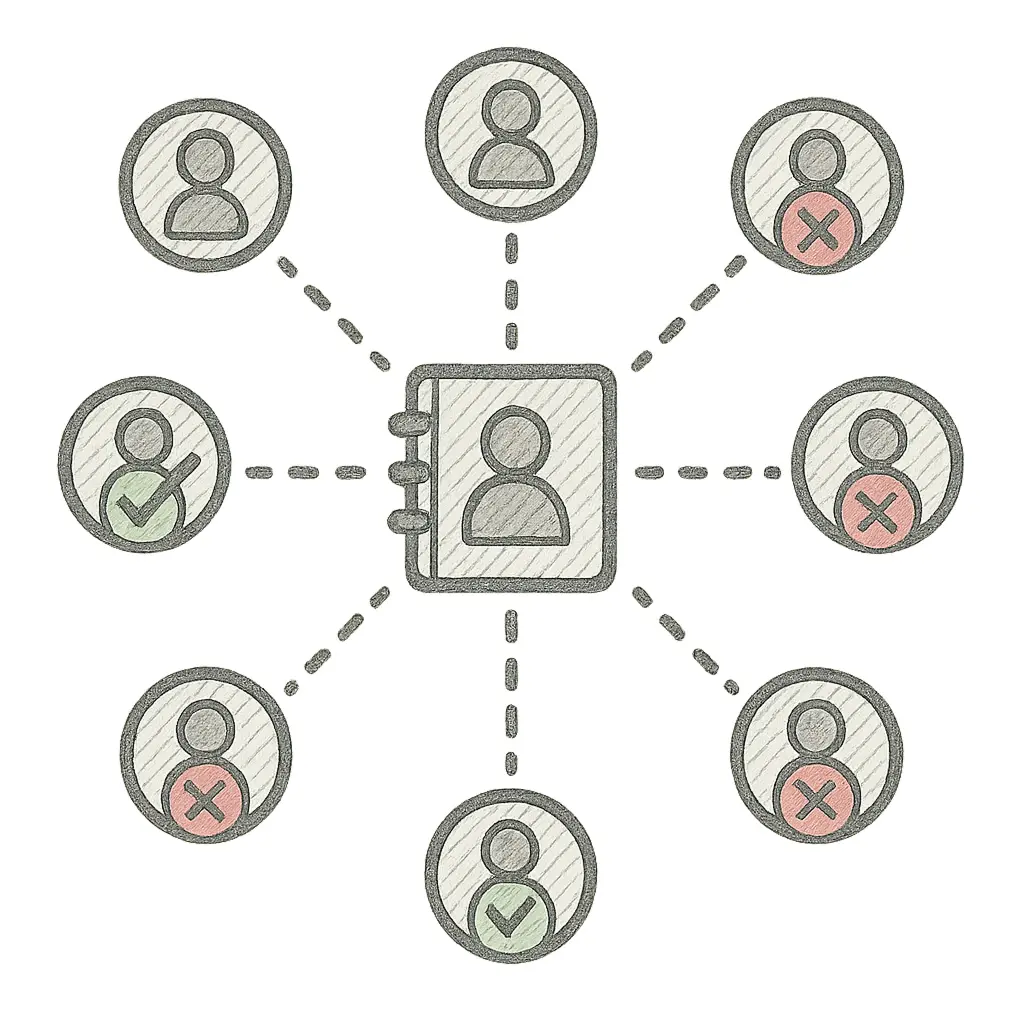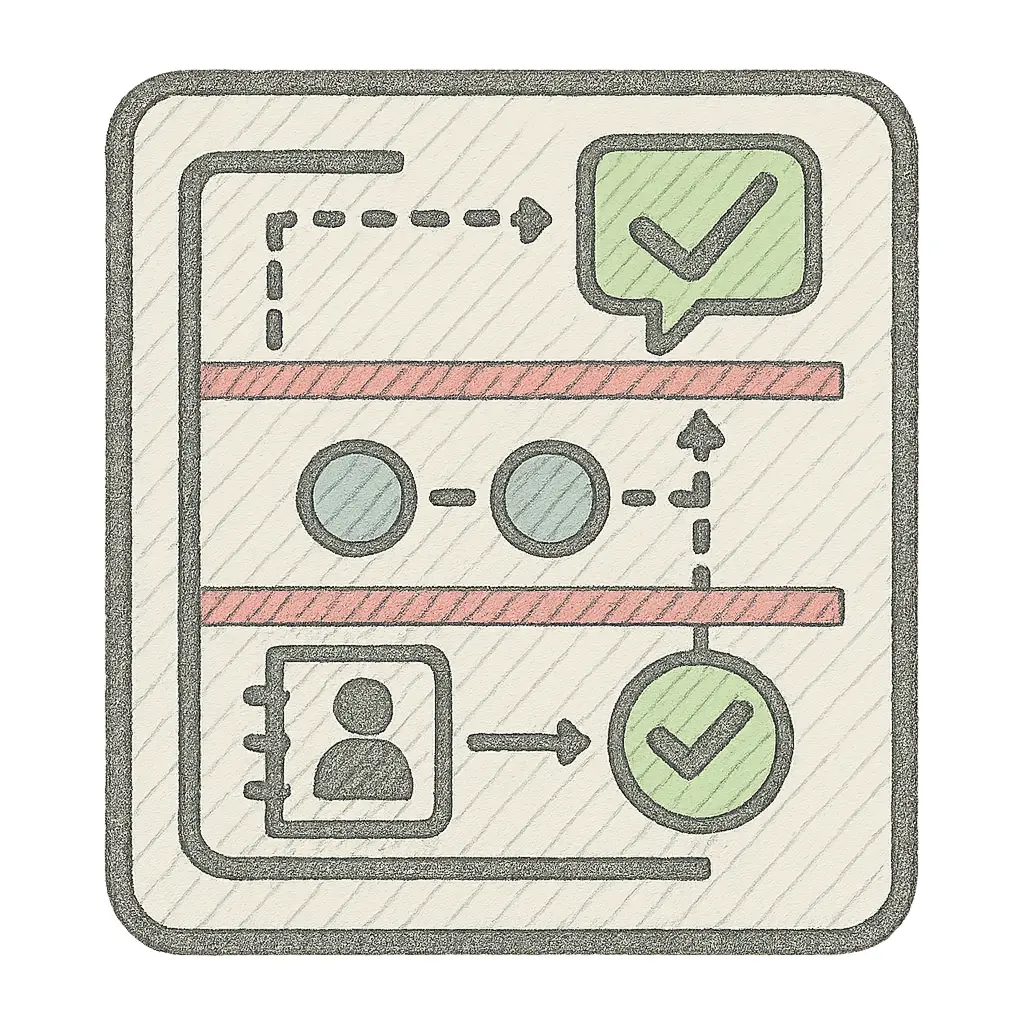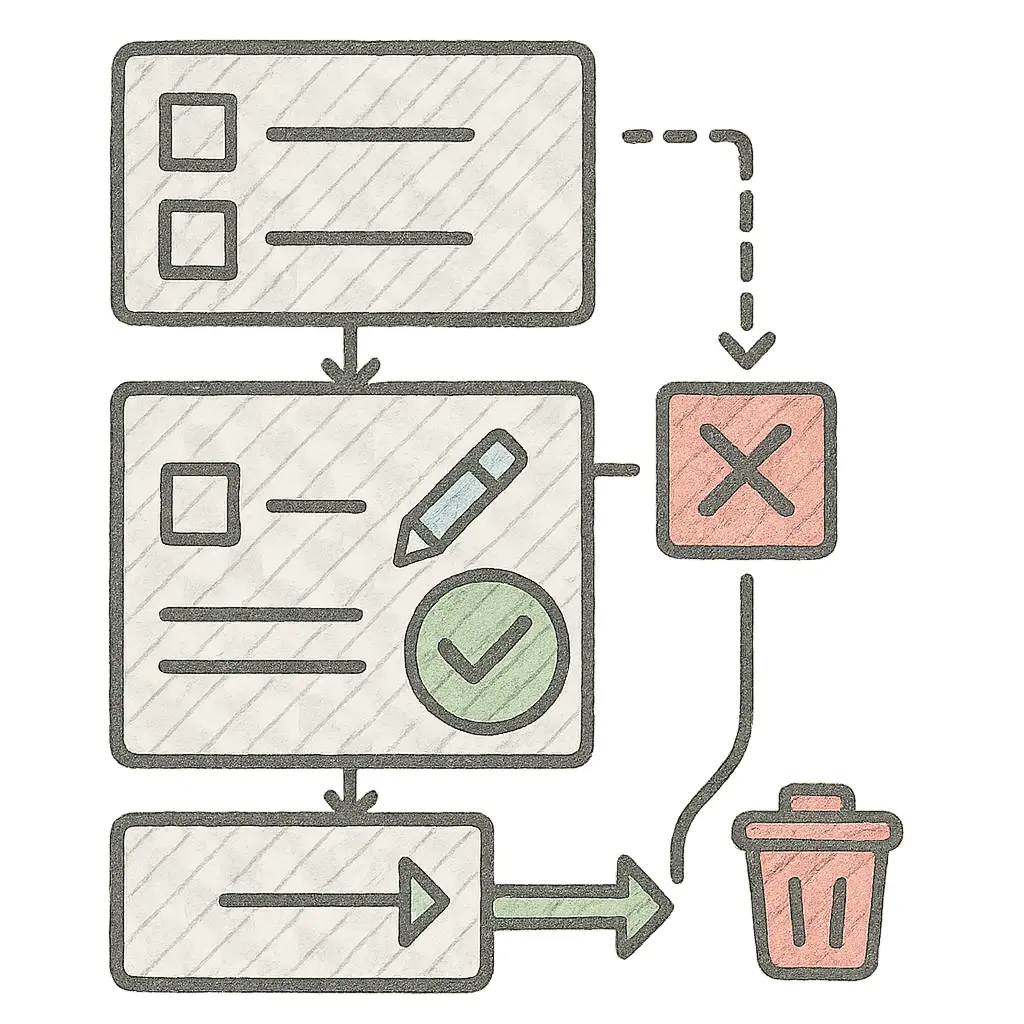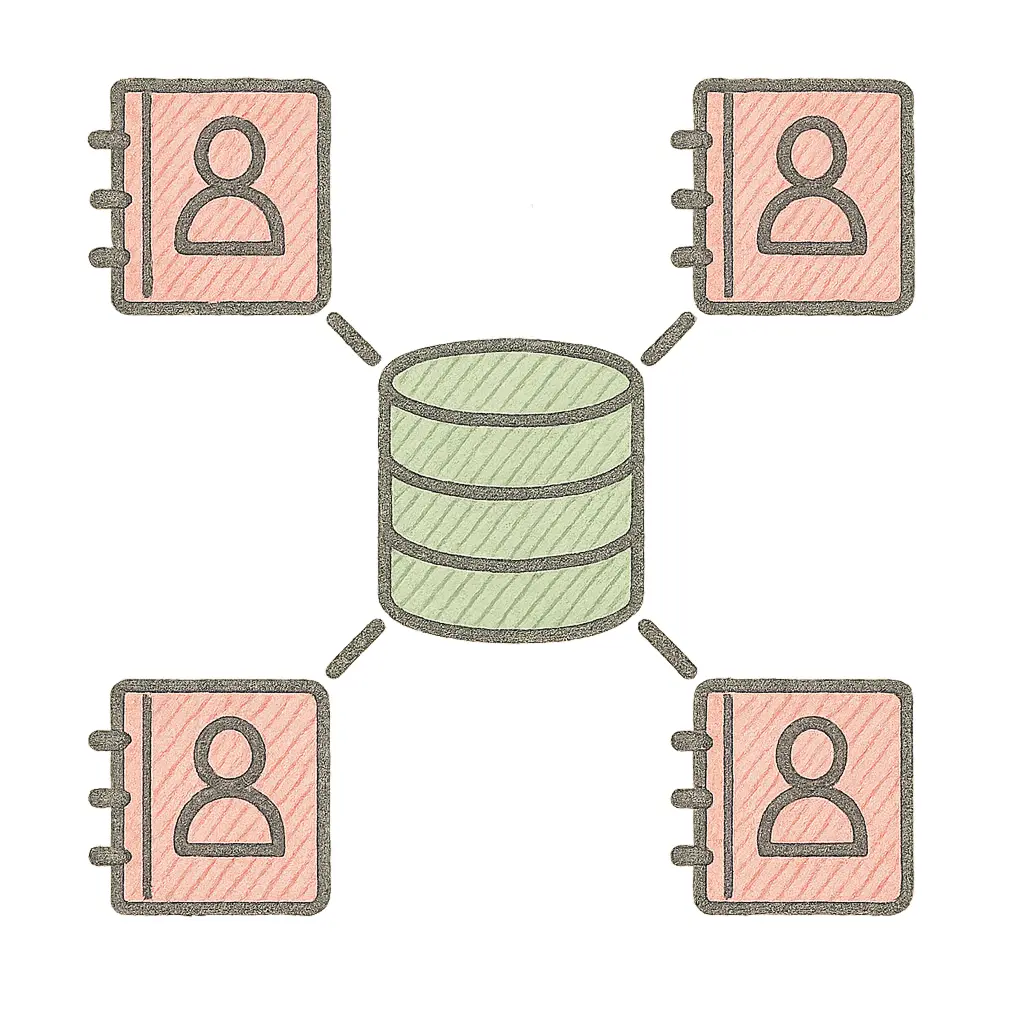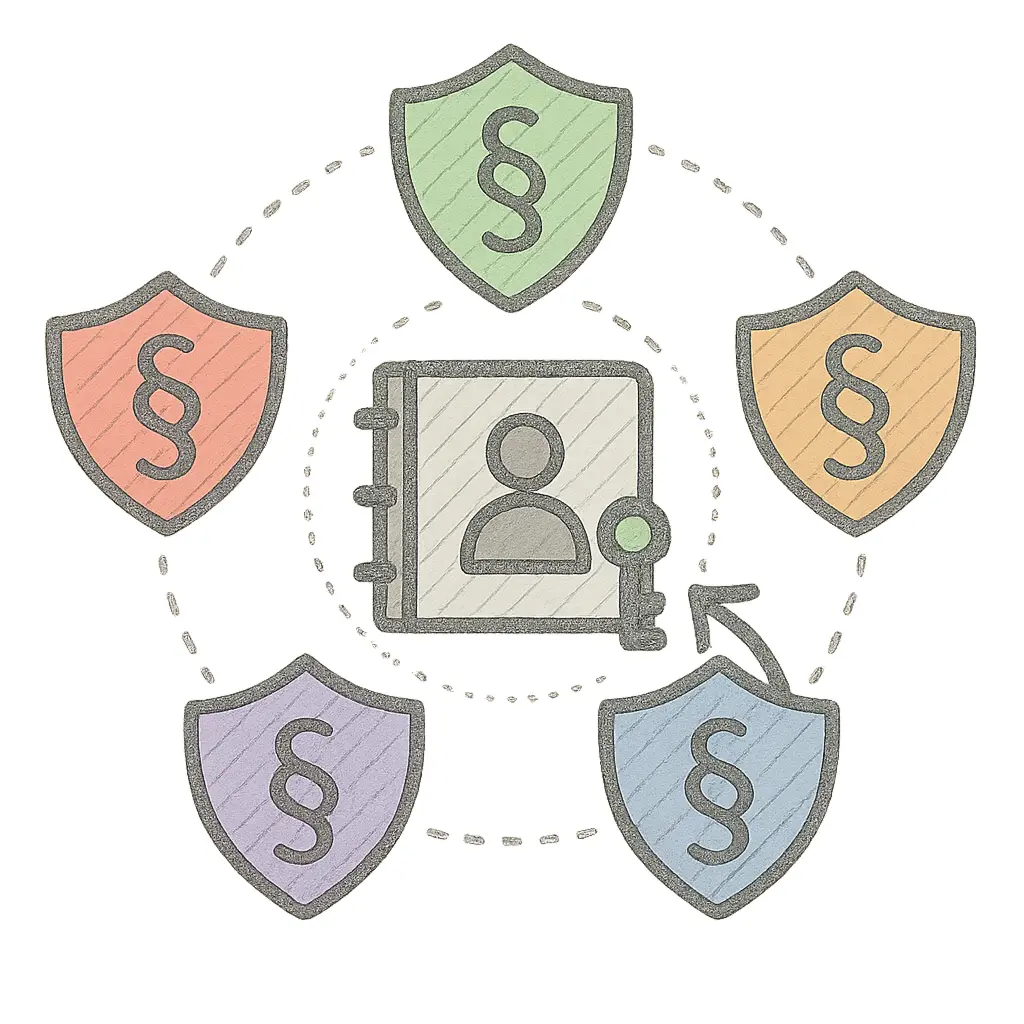A Practical Playbook for Contact-Based Growth Features
When users upload, sync, or import their personal contacts into your app — to invite friends, share campaigns, send cards, or grow their networks — you’re not just enabling a convenience. You’re entering a complex regulatory landscape that requires careful navigation.
You’re processing third-party personal data. This means you’re handling information about individuals who haven’t directly consented to your platform’s use of their data. This position makes your platform responsible under global privacy laws like GDPR, CCPA, PECR, CASL, and CAN-SPAM.
This guide teaches founders, product managers, developers, and legal teams how to build contact-powered features — like referrals, invitations, and friend-finding — without violating user trust or the law. We’ll walk through practical approaches that balance growth objectives with privacy compliance, helping you avoid costly legal issues while still delivering valuable user experiences.
What This Series Covers
Privacy Minefield
Why accessing a user’s address book instantly triggers privacy and compliance obligations.
Lawful Groundwork
Consent vs. legitimate interest—and when you need which one.
The Consent Playbook
How to earn real, revocable permission from users—and from the people they contact.
Minimize Contact Exposure
Why collecting fewer contacts—and deleting them fast—is the safest bet for privacy compliance.
Friends Aren’t Leads
Why a user’s contacts aren’t your marketing list.
Privacy by Design
How to bake compliance into every contact-powered product feature.
Privacy UX
Why good UX is critical to lawful contact processing.
Your App, Their Data
Clarifying when you become the data controller for third-party contacts.
Other Privacy Laws
How GDPR, PECR, CASL, CAN-SPAM, and CCPA differ—and where they align.
Avoiding the Referral Trap
Why respectful sharing beats aggressive referral tactics every time.
Who This Playbook Is For
This series is designed for anyone building features that allow:
- Sending invites or referrals: When users invite contacts to join your platform
- Importing address books: When users sync their contacts with your service
- Matching contacts to existing users: When you help users find people they know
- Sharing wishlists, gift cards, registries, or promotions: When users share content with their contacts
- Friend suggestions, network expansion, or social graph building: When you help users connect with others
This includes teams working on:
- SaaS platforms
- Marketplaces
- Crowdfunding platforms
- E-commerce platforms
- Social apps
- Messaging platforms
- Event platforms
- Loyalty and referral programs
The Big Idea: Contact Data Is Personal Data
If your platform handles a user’s friends’ information, you have obligations—not just to your user, but to everyone they bring into your ecosystem. This fundamental principle underlies all privacy regulations concerning contact data.
Building for privacy-first sharing isn’t just good ethics.
It’s better UX. It’s better growth.
And it’s a whole lot cheaper than fighting a GDPR investigation.
When users share their contacts with you, they’re entrusting you with sensitive personal relationships. How you handle this data directly impacts not only your legal compliance but also your reputation and user trust. Privacy-first approaches lead to more sustainable growth and stronger user relationships.
Ready to Begin?
Start with Privacy Minefield to understand why contact data requires special handling and what specific obligations are triggered when your app accesses a user’s address book.
